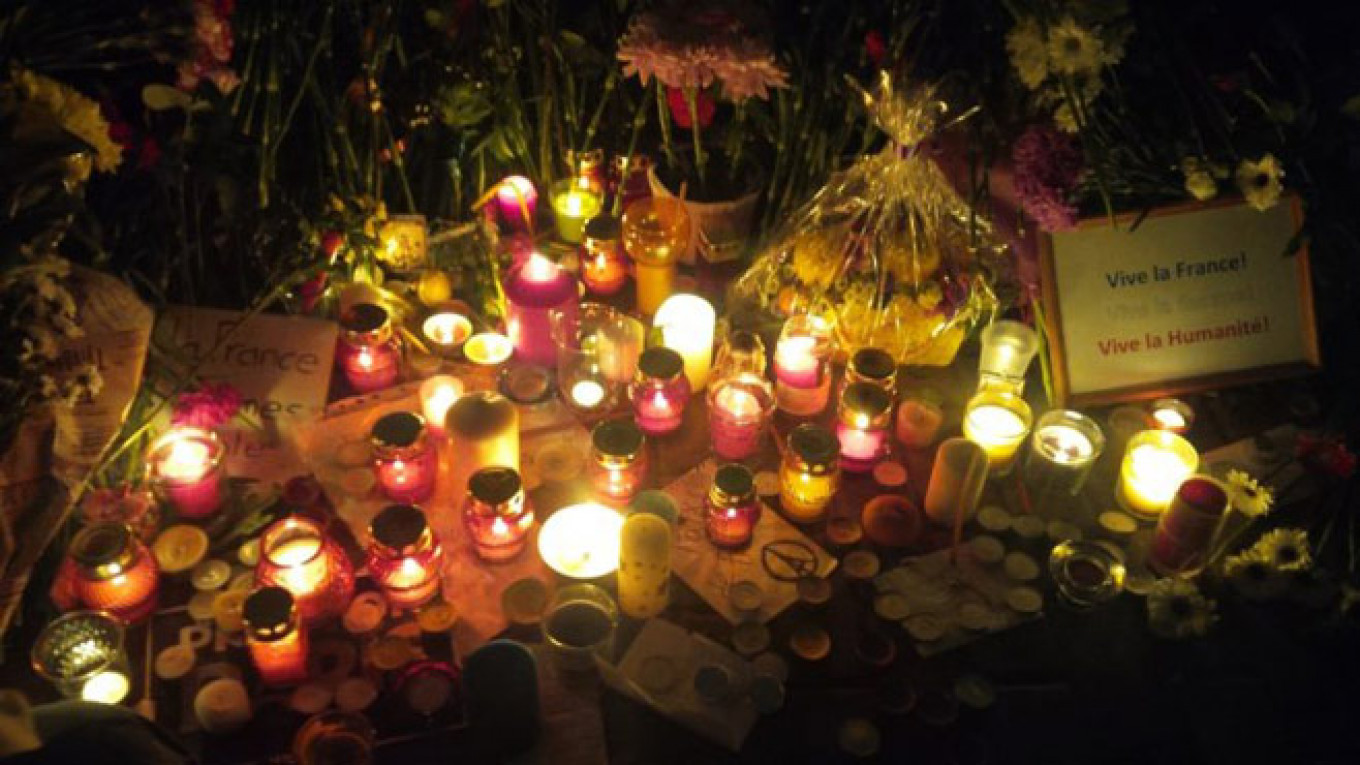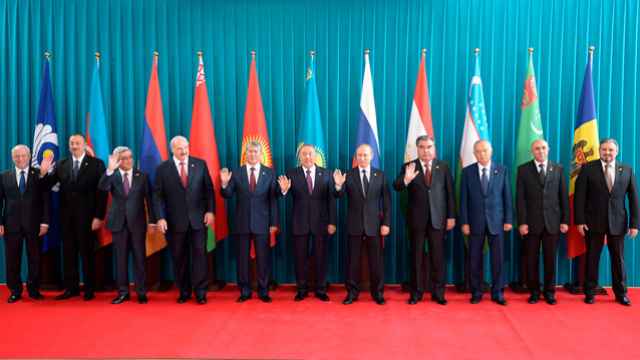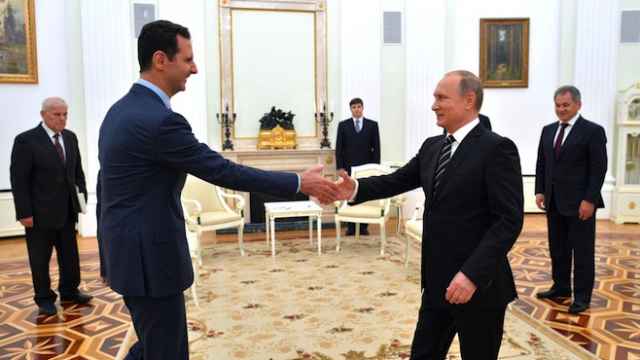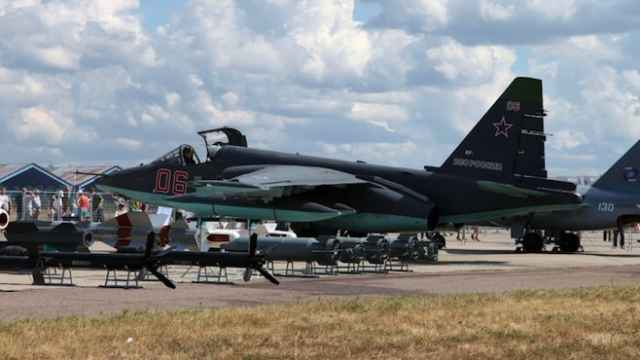As Muscovites lay flowers before the French Embassy, and Russians embrace the global "we are Paris" meme, the depressing irony is that there is much truth in this: Moscow is certainly not immune to the kind of terrorist attacks which ripped at the heart of the French capital.
The city has its miserable tally of attacks: the Dubrovka theater in 2002, the metro in 2004 and 2010, Cherkizovsky market in 2006, Domodedovo Airport in 2011. Long-running concerns about terrorism vectored from the North Caucasus have been given a new urgency following the rise of the Islamic State.
Following the first Russian air strikes in Syria, the IS called on "Islamic youth everywhere, [to] ignite jihad against the Russians." The bomb on Kogalymavia flight 9268 was reportedly planted in Egypt, even if its losses were felt across Russia. With perhaps upward of 2,700 Russian citizens fighting in Iraq and Syria, the fear is that they will be coming home with the intention of bringing their jihad with them.
Beyond the risk of their engaging in individual acts of terror, they may not only galvanize the insurgent cells in the North Caucasus. Since 2014, more and more cells have been pledging their loyalty to IS, and this year it announced a new vilayat, or province, of the North Caucasus.
At the moment, this means little. The local cells are autonomous and their statements are really political gestures. They have no intention of taking orders from IS leader al-Baghdadi. However, as more IS loyalists return, they may force the local rebels to make good on their pledges. A scattered terrorist campaign could become a unified regional insurgency, and thus a much more serious challenge to Moscow.
So these are not empty fears. According to Federal Security Service director Alexander Bortnikov last month, some 20 terror attacks had been foiled in the year so far. October also saw 15 men arrested in connection with a plan to bomb the Moscow metro, some of whom had apparently been trained in an IS camp in Syria.
Nonetheless, precisely because Moscow has had to cope with a series of serious attacks — and the Russian state calibrates the balance between public security and individual freedoms a little differently — the city is not in bad shape to handle the challenge.
The security agencies have extensive powers of search and surveillance, not least over Internet and telecommunication traffic. Many security measures are built into the city's fabric, from cameras on the streets to detectors in the metro. Those portable metal detectors manhandled to control access to public events may be irksome, but they are elements of an extensive system intended not just to catch but also deter would-be terrorists.
Furthermore, while Russia is hardly the hyper-policed state sometimes claimed, the authorities can and do call on numerous other agencies, from the army and the Interior Ministry troops to private security guards and volunteer police auxiliaries.
All that said, no security can be perfect, especially against terrorists willing to die for their cause. Whether by bomb or "swarming" multi-gunman attacks, if jihadists are determined to launch a "spectacular" attack in Moscow, they may be able to do it.
Yet put this into context. On average, 48 people die on Moscow's roads every week. That the death toll of the Paris attacks amounts to less than three weeks' accidents in no way takes away from their horror. But it emphasizes that terrorism is primarily a cultural and political threat — with unpredictable results. It can unite a country, or traumatize it. A particular risk is that Russia's overwhelmingly loyal Muslim population, 12 percent of the whole, could be demonized and thus driven into the hands of the jihadists.
Overall, Moscow is ready in practical terms to prevent and contain terrorist attacks. Whether Muscovites will prove resilient in the face of the new threats from resurgent and murderous jihadism remains to be seen.
Mark Galeotti is professor of global affairs at New York University.
A Message from The Moscow Times:
Dear readers,
We are facing unprecedented challenges. Russia's Prosecutor General's Office has designated The Moscow Times as an "undesirable" organization, criminalizing our work and putting our staff at risk of prosecution. This follows our earlier unjust labeling as a "foreign agent."
These actions are direct attempts to silence independent journalism in Russia. The authorities claim our work "discredits the decisions of the Russian leadership." We see things differently: we strive to provide accurate, unbiased reporting on Russia.
We, the journalists of The Moscow Times, refuse to be silenced. But to continue our work, we need your help.
Your support, no matter how small, makes a world of difference. If you can, please support us monthly starting from just $2. It's quick to set up, and every contribution makes a significant impact.
By supporting The Moscow Times, you're defending open, independent journalism in the face of repression. Thank you for standing with us.
Remind me later.








